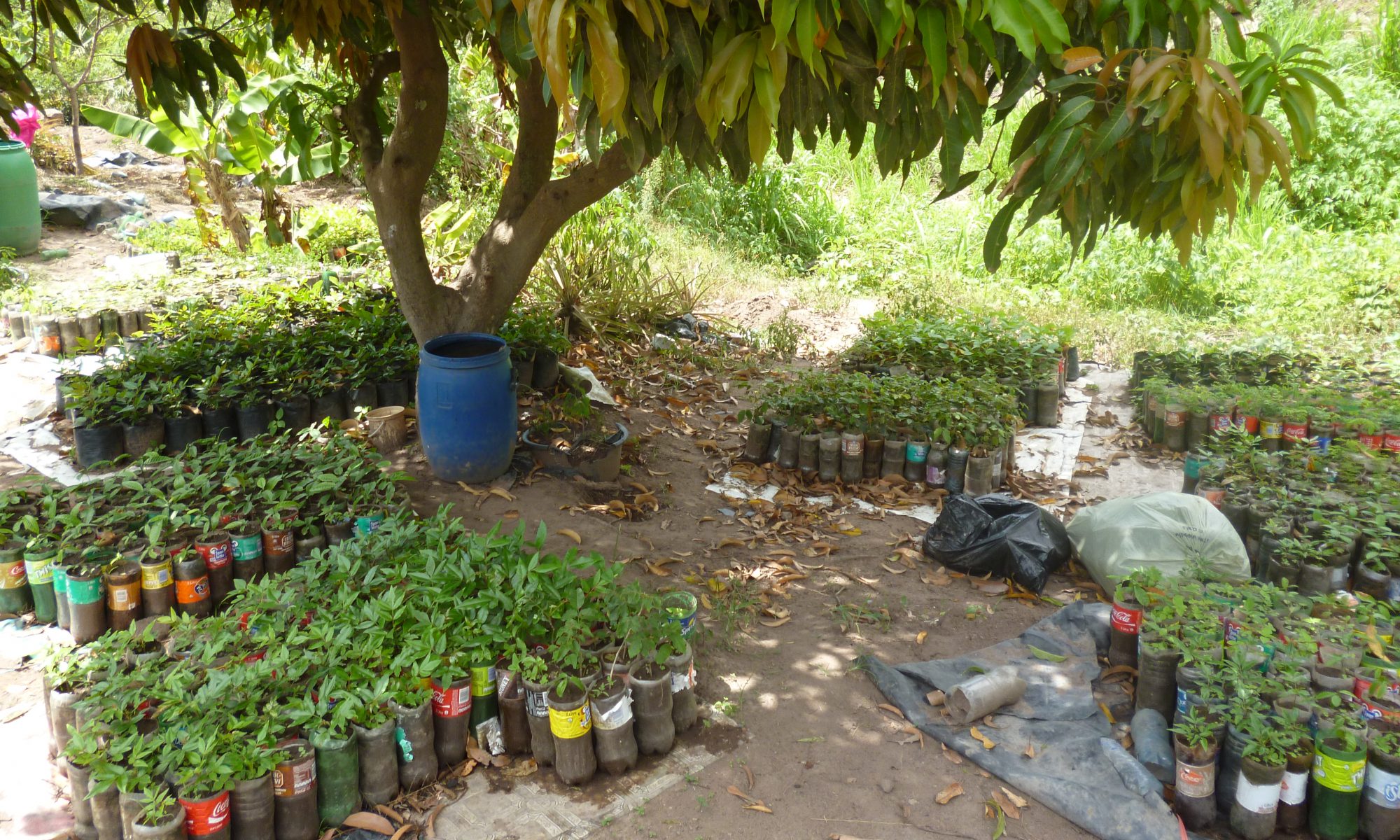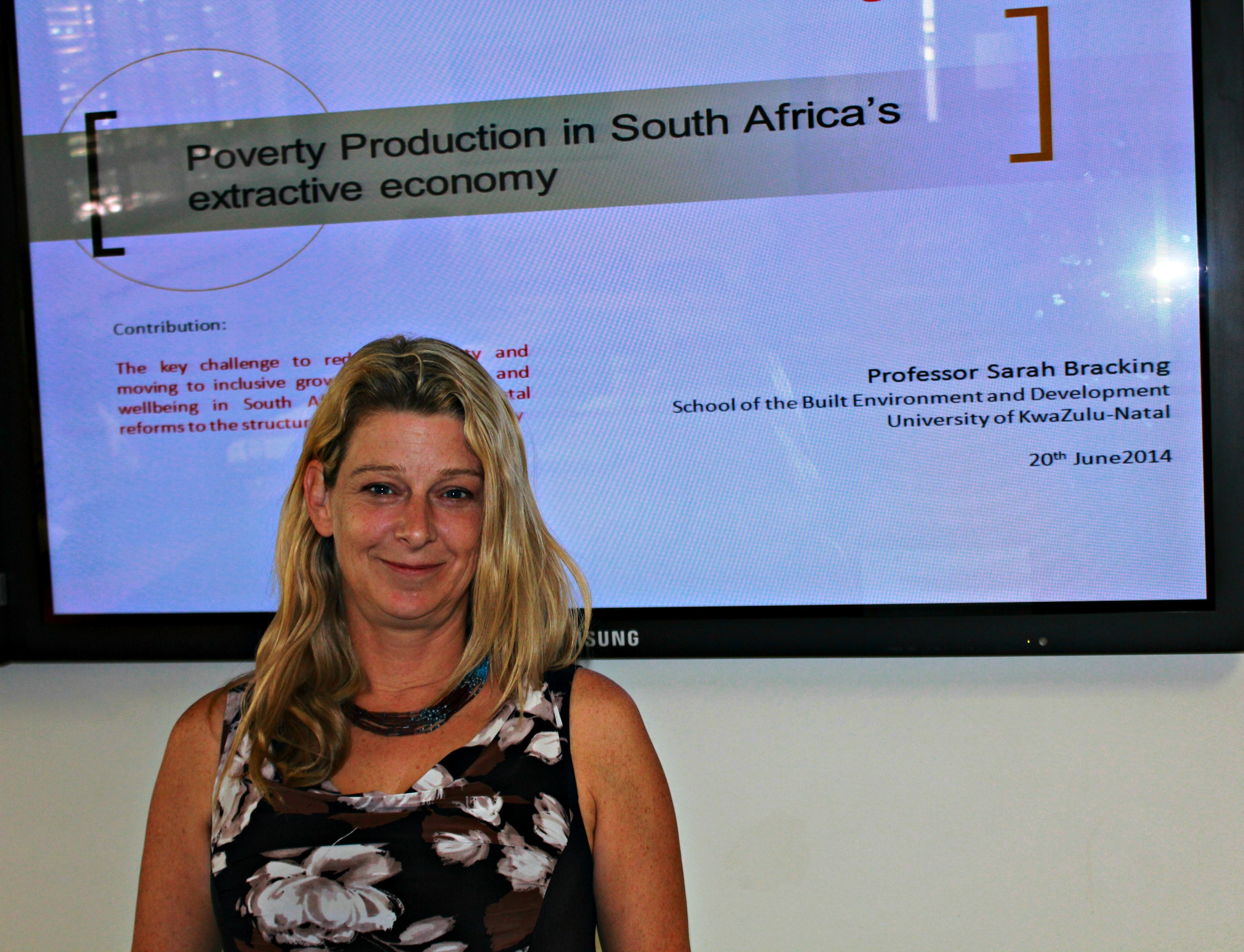Key challenges to reducing poverty in South Africa through inclusive growth, decent work and well being were explored by Professor Sarah Bracking of the School of Built Environment and Development Studies (BEDS) in a Public Lecture.
The Lecture was part of a National Research Foundation (NRF) workshop titled: “Poverty Production in South Africa’s Extractive Economy”.
Exploring the key challenges to reducing poverty in South Africa by means of inclusive growth, decent work and wellbeing, Bracking argued that these would require fundamental reforms to the structure of the macro economy.
She examined neo-liberal governance and how politicians use a self-denying ordinance, ‘that external economic imperatives are non-negotiable, such that domestic political actors believe themselves to be powerless as economic policy decision-makers, and instead see themselves as concerned with only technocratic responsibilities’.
Bracking further pointed out that neo-liberalism, often associated with globalisation and the economic power of global corporations and multilateral institutions, uses markets to settle matters of resource allocation and believes incorrectly that imperfect markets are better than imperfect states.
‘But neoliberalism leads to the structural displacement of the upper echelons of economies to privatised secrecy jurisdictions or tax havens. This leads to the ‘development of underdevelopment,’ she said. Through a political economy of displacement, Bracking explained that in African states the commanding heights have largely migrated offshore. ‘The offshore site of exemption is legitimated by orthodox economics through the necessity of neo-liberalism. Political crisis and people’s displacement and dispossession, generate financial displacement to preserve and/or store wealth resulting from the crisis.’
In conclusion she said a displacement political economy was characterised by the financialisation of power. ‘Financialisation does not “just happen”, but has agents which employ money as a technology of power, using the money form to quantify human and physical contexts, privilege financial parameters and pecuniary factors in decision-making, and thus return decisions in favour of money-holders.
Words and photograph by Melissa Mungroo

